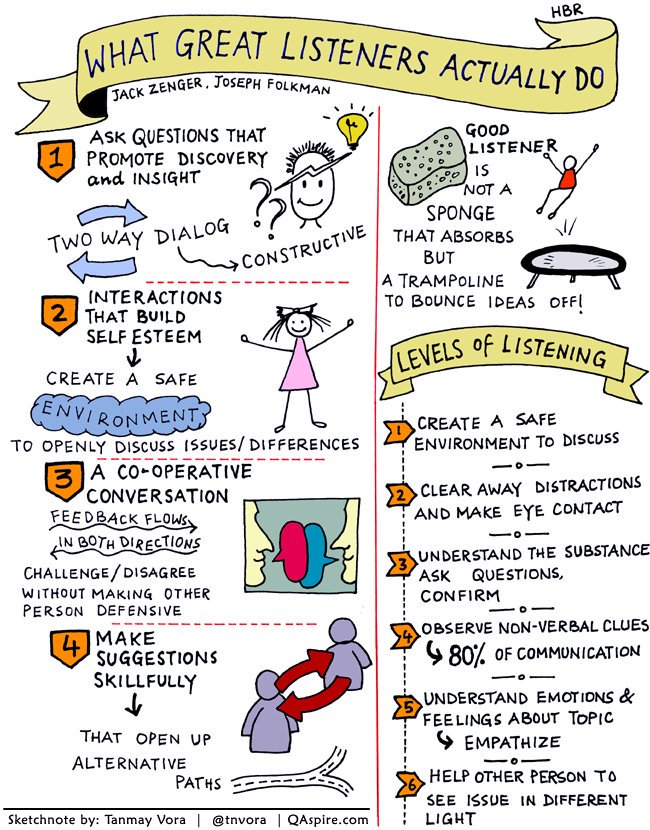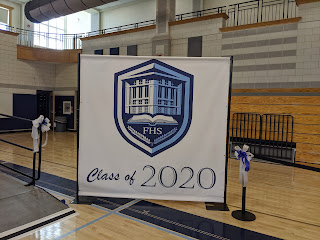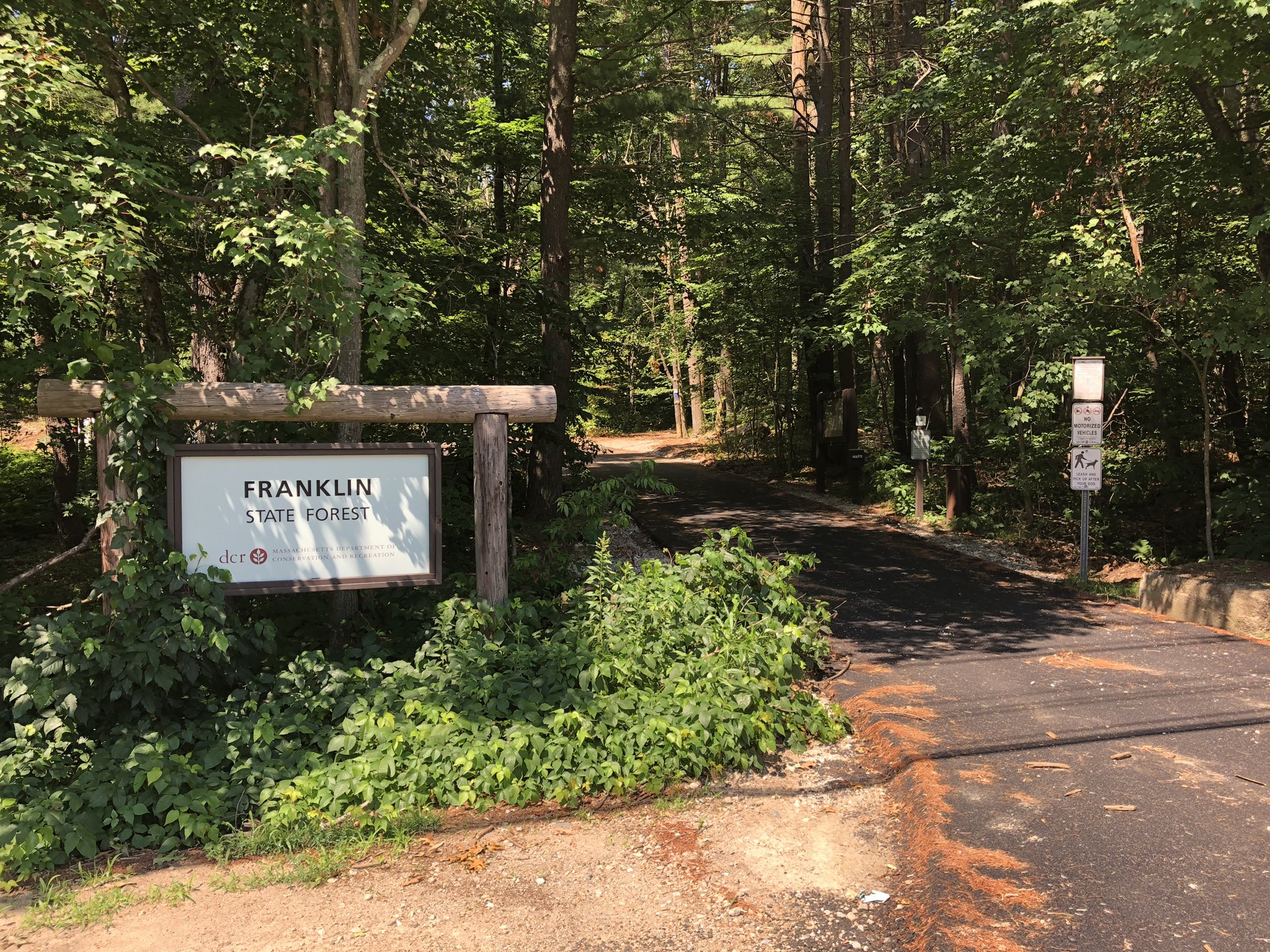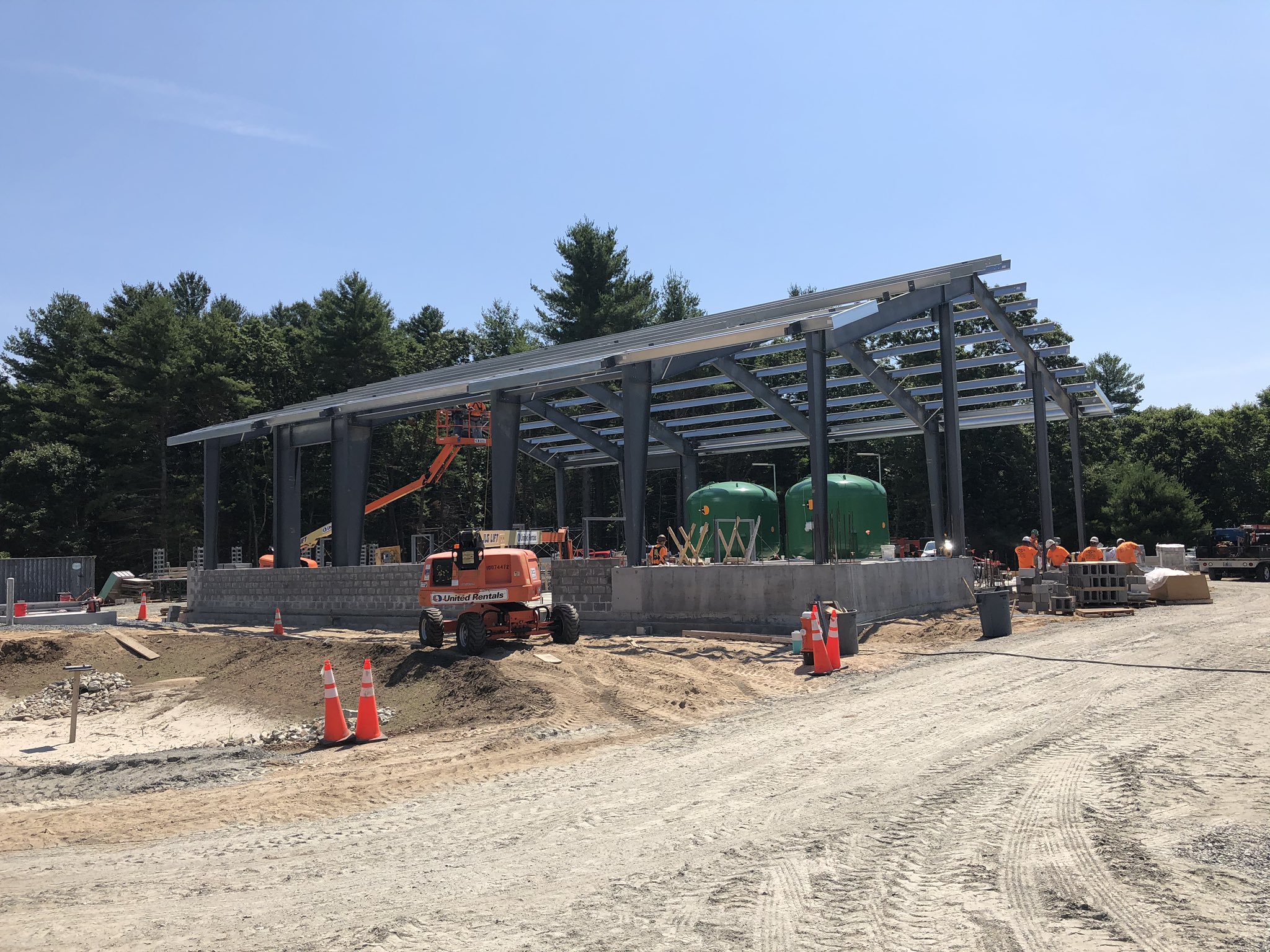connection info contained in agenda doc
https://www.franklinps.net/district/meeting-packets/files/sc-agenda-7-14-2020
Agenda
“The listing of matters are those reasonably anticipated by the Chair which may be discussed at the meeting. Not all items listed may in fact be discussed and other items not listed may also be brought up for discussion to the extent permitted by law.”
I. Routine Business
A. Review of Agenda
B. Citizen’s Comments
In the spirit of open communication, “the Committee will hold a public participation segment (also called Citizen’s Comments) about matters not related to an agenda item at the beginning of each regular School Committee meeting. The Committee will listen to, but not respond to any comment made…. A Committee member may add an agenda item to a future meeting as a result of a citizen comment…. The Committee will hear public comments related to an agenda item when the Chair deems appropriate during the Committee meeting. Topics for discussion during the meeting must be limited to those items listed on the Committee meeting agenda for that evening…. ” - from Policy BEDH
C. FHS Student Representative Comments
D. Superintendent’s Report
II. Guests/Presentations
A. None
III. Discussion/Action Items
A. Policy First Readings
I recommend moving the following policies to a second reading:
- 1. EEA - Student Transportation Policy
- 2. EEA-R - Transportation Policy and Responsibilities
- 3. EEAG - Student Transportation in Private Vehicles
B. Policy Second Reading/Adoption
I recommend adoption of the following policy:
- 1. ECAF - Security Cameras in Schools (New)
C. School Committee Resolution: “Anti-Racism Resolution”
I recommend the School Committee adopt the School Committee Resolution “Anti-Racism Resolution” as discussed.
https://www.franklinps.net/district/meeting-packets/files/disc-action-c-resolution-anti-racism
IV. Discussion Only Items
A. Opening School Update
B. BICO Quarterly Report
https://www.franklinps.net/district/meeting-packets/files/bico-quarterly-rpt-0
V. Information Matters
A. School Committee Sub-Committee Reports (e.g. Ad Hoc Supt. Evaluation, Ad Hoc Facilities Analysis, Budget, Community Relations/Public Schools Advocacy, Policy, Transportation)
B. School Committee Liaison Reports (e.g. Joint PCC, Substance Abuse Task Force, School Wellness Advisory Council)
VI. New Business
A. To discuss any future agenda items
VII. Consent Agenda
A. Approval of Minutes
I recommend approval of the minutes from the June 23, 2020 School Committee meeting as detailed.
B. FHS Scholarship
I recommend acceptance of a check for $1,000.00 from the Franklin Country Club for a FHS scholarship as detailed.
C. JFK Gift
I recommend acceptance of a check for $805.00 from the JFK PCC for supplemental supplies as detailed.
VIII. Payment of Bills Dr. Bergen
IX. Payroll Ms. D’Angelo
X. Executive Session
A. Pursuant to M.G.L. c. 30A, §21(a)(3) to discuss strategy with respect to collective bargaining with the FEA/RN, FEA/Cafeteria, FEA/ESP, FEA/Secretaries, FEA/Van Drivers as an open meeting may have a detrimental effect on the bargaining position of the School
Committee and the chair so declares.
B. Pursuant to M.G.L. c. 30A, §21(a)(3) to discuss strategy with respect to collective bargaining with the Non-Union Personnel as an open meeting may have a detrimental effect on the bargaining position of the School Committee and the chair so declares.
XI. Adjournment
File released for the meeting can be found online
https://www.franklinps.net/district/meeting-packets/pages/july-14-2020-school-committee-meeting-packet
Agenda doc
https://www.franklinps.net/district/meeting-packets/files/sc-agenda-7-14-2020
 |
| Franklin, MA: School Committee - Agenda - July 14, 2020 |











